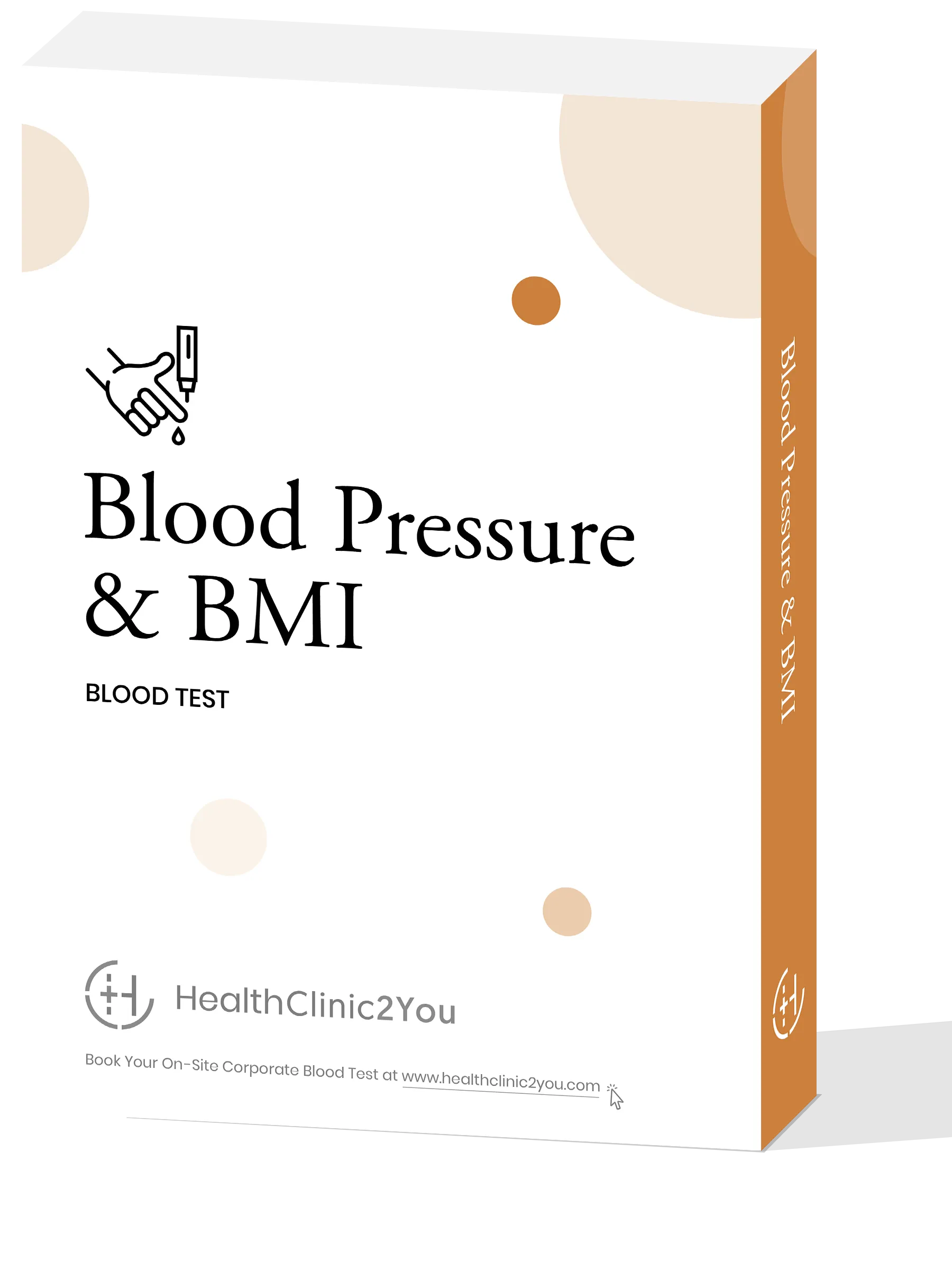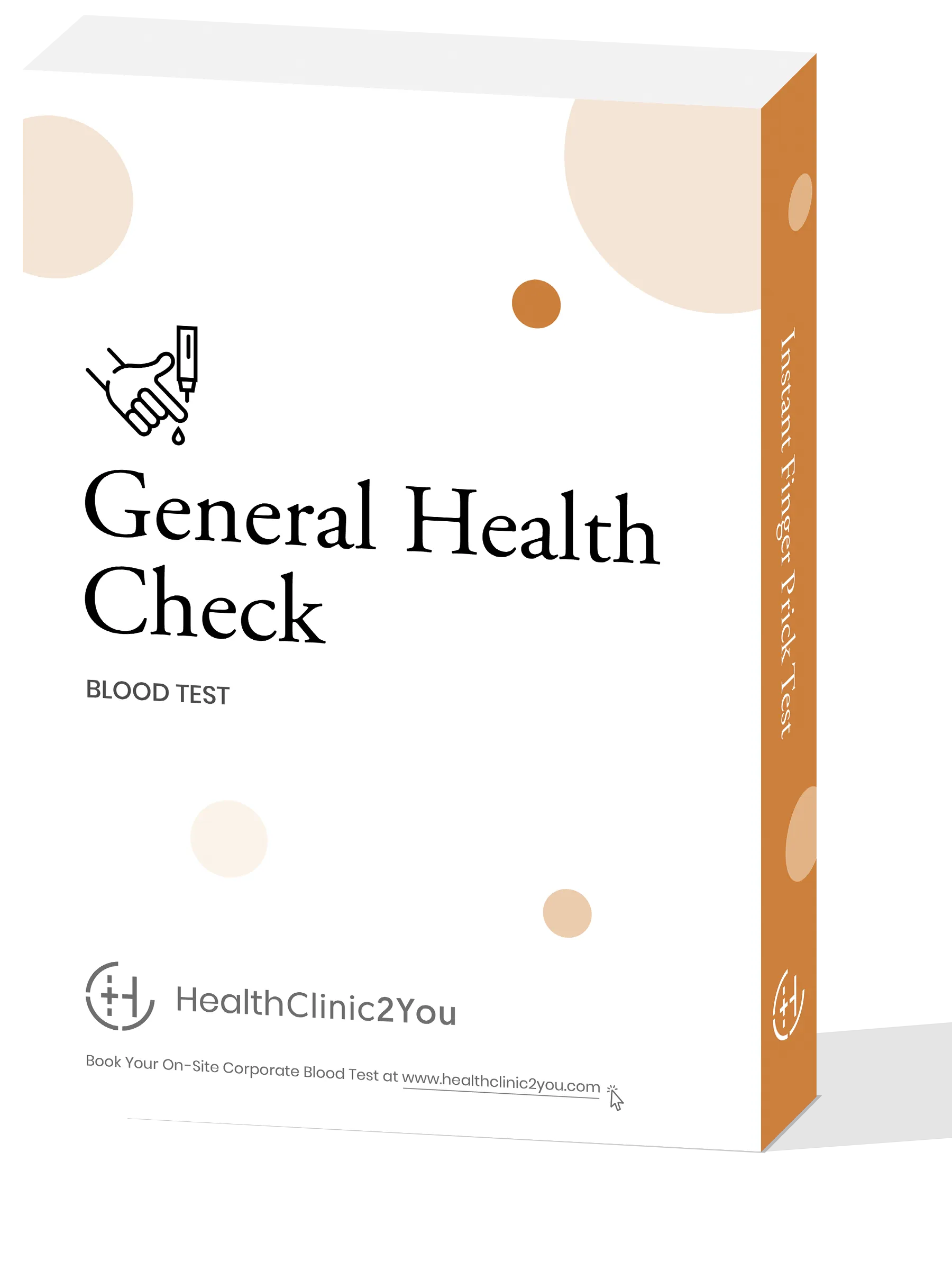Low Density Lipoprotein
Cholesterol
The LDL cholesterol test is crucial for assessing cardiovascular risk and guiding preventive measures and treatment strategies. LDL cholesterol, often referred to as “bad” cholesterol, plays a significant role in the development of atherosclerosis, a condition characterized by the buildup of plaque in the arteries. This buildup can narrow the arteries and restrict blood flow, leading to serious cardiovascular complications such as heart attacks and strokes.
By measuring the level of LDL cholesterol in the blood, the LDL test provides valuable information about an individual’s risk of developing heart disease and stroke. Elevated levels of LDL cholesterol are associated with an increased risk of atherosclerosis and cardiovascular events, while lower levels indicate better cardiovascular health.
Based on the results of the LDL test, healthcare providers can recommend lifestyle modifications, such as dietary changes and regular exercise, to help lower LDL cholesterol levels. In some cases, medications, such as statins, may be prescribed to further reduce LDL cholesterol and decrease the risk of cardiovascular events.
Regular monitoring of LDL cholesterol levels through follow-up LDL tests is essential to assess the effectiveness of treatment interventions and make necessary adjustments to the management plan. Maintaining healthy LDL cholesterol levels is fundamental for preserving cardiovascular health and reducing the risk of heart disease and stroke.
Available Blood Tests







